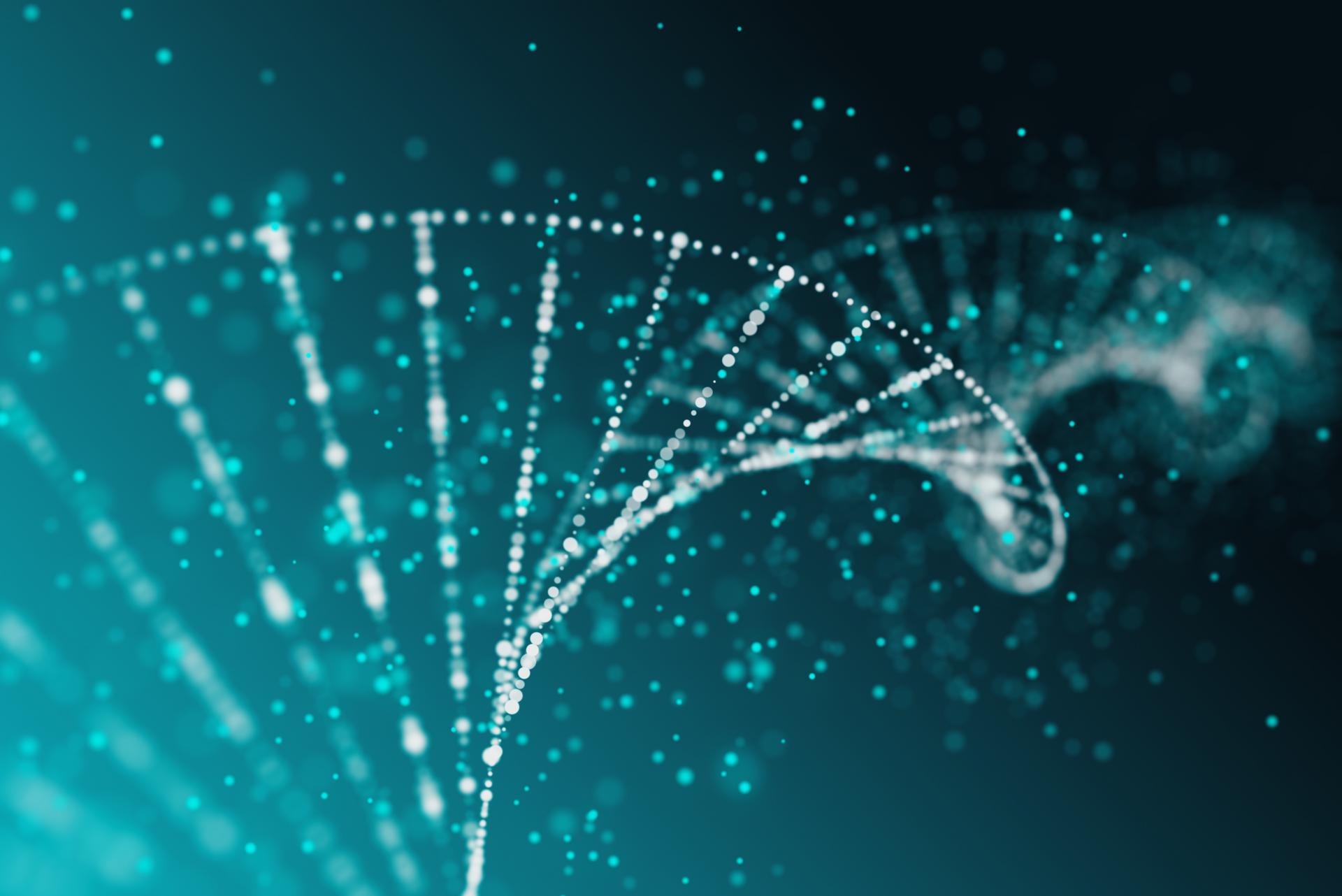
A new group has been set up to progress the exploration of opportunities and innovations in DNA aiming to improve investigations and criminal justice outcomes.

Starting with a series of workshops in November, the DNA Futures project brings together key stakeholders from across police forces, forensic service providers and criminal justice partners.
DNA Futures is led by the Forensic Capability Network (FCN) and the Forensic Information Databases Service (FINDS). The operational policing lead is Emily Burton, Chair of policing’s DNA Operations Group and Head of Forensic Services at Greater Manchester Police. Representatives in the group come from the FCN membership across all regions of England and Wales, plus law enforcement in Scotland and Northern Ireland.
GMP’s Emily Burton explained the vision for DNA Futures:
“The world of DNA has moved on significantly in recent years and is developing so much, especially across traditional forensics. We need to use these improvements in technology and DNA capabilities to maximise what we're able to deliver from an investigative perspective.
“In our upcoming workshops we’ll explore what the opportunities might be, look at current gaps, and prioritise which areas we should deliver on.
“We have a really wide scope. It could be small, simple changes such as improving the presentation of information in DNA hit notifications so when the case comes to court people can better understand what that forensic information means.
“Some of the advanced opportunities we’ll explore are what the next capabilities of DNA profiling might be, such as being able to identify what a suspect looks like, their hair and eye colour, anything that could be useful to an investigation. We are also looking at developing a Y-STR database to provide a better profiling system for suspects in complex investigations, such as sexual offences that affect vulnerable individuals, and where we don't otherwise have capabilities to identify offenders.
“We might be able to make some improvements quickly, like match reports which could be up and running in few months. Other projects like a Y-STR database would bring most significant benefits but are much more ambitious, would take a few years and be more difficult to achieve. Our ambition for these workshops is to prioritise all these opportunities.”
Following the initial workshops to prioritise areas of work, the DNA Futures group will develop a strategic plan for delivery. There is a potential for the group to continue on an ongoing basis as DNA technology and capability evolves.
Find out more about FCN’s science services, contact FINDS National DNA Database Services or to be put in touch with Emily please contact us.